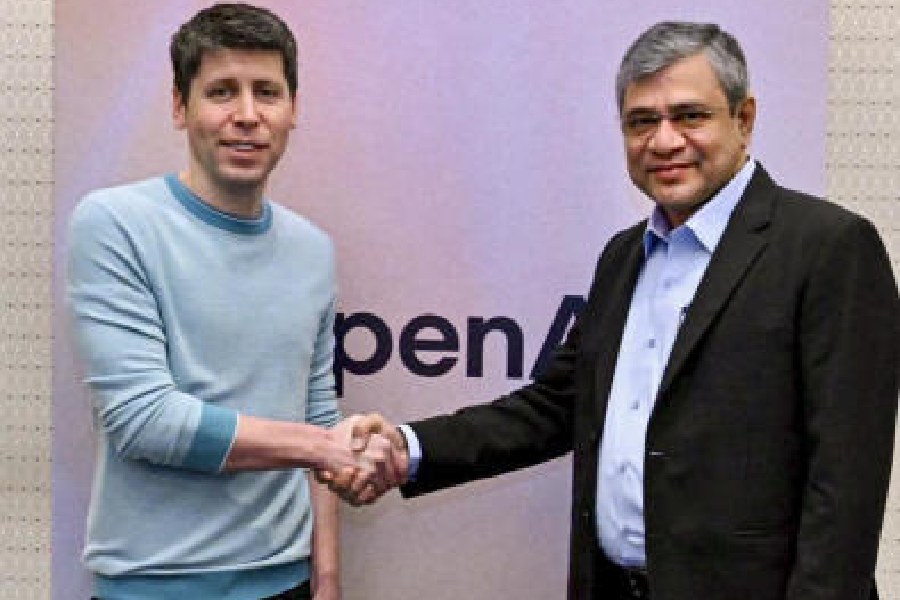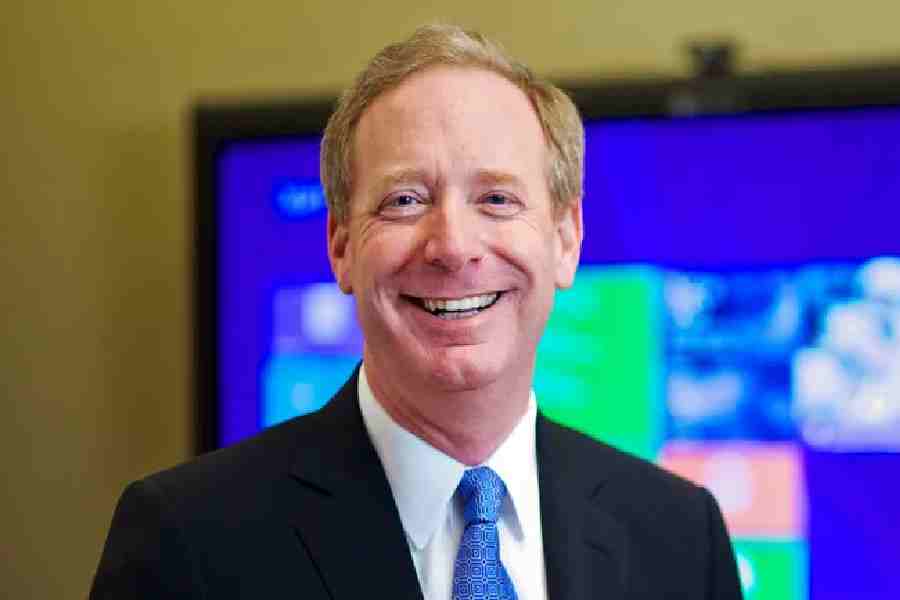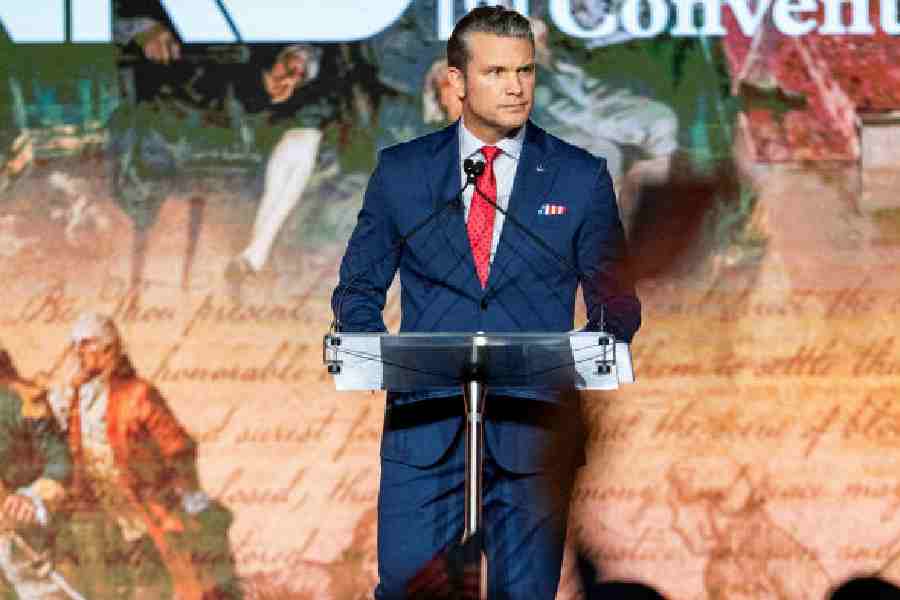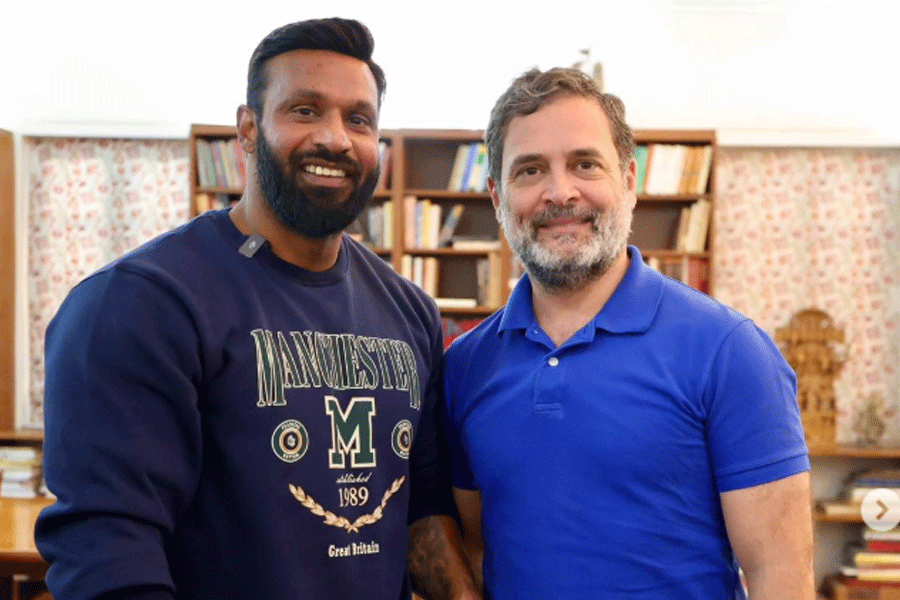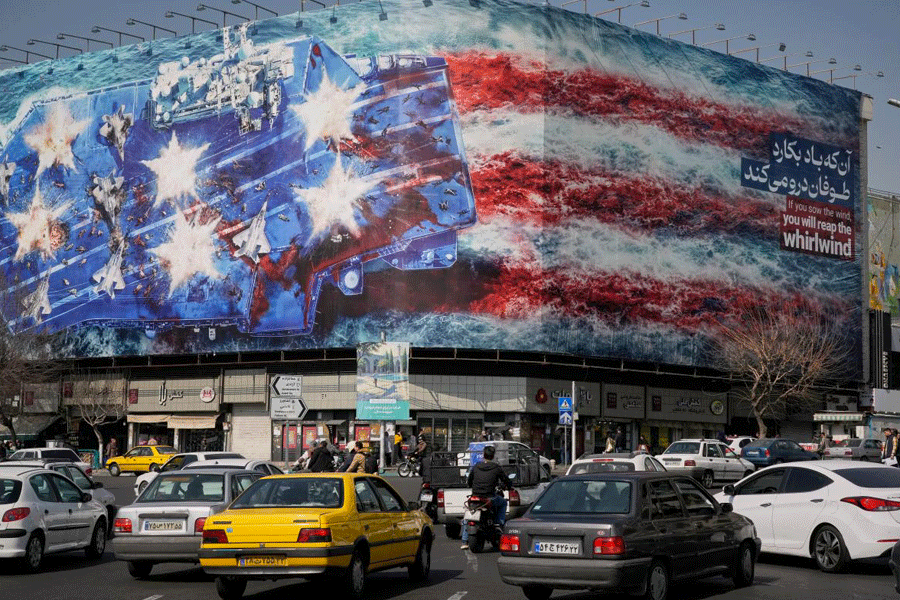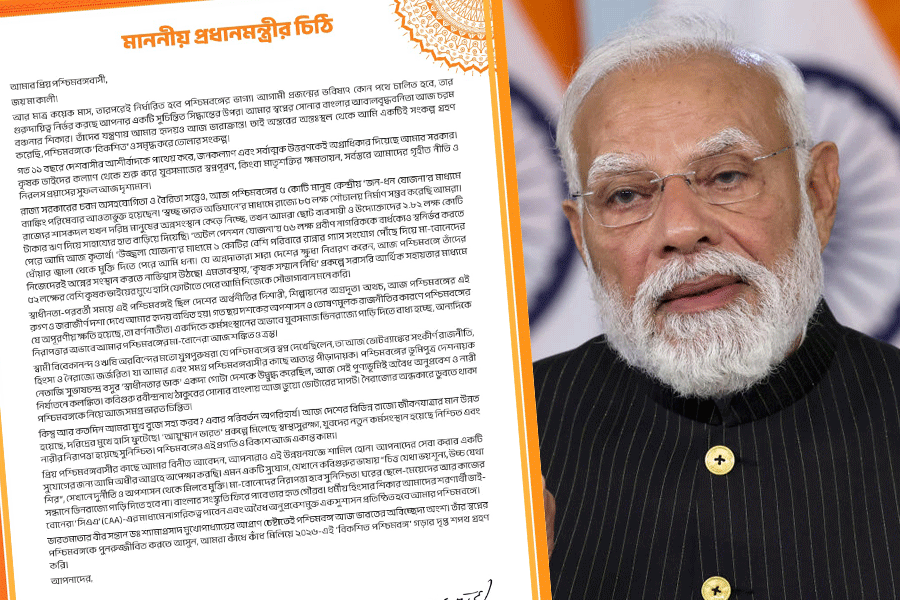OpenAI CEO Sam Altman met IT minister Ashwini Vaishnaw on Wednesday — signalling his company's intent to build a base in a potential global AI powerhouse.
India plans to build a sovereign AI model and government-backed computing infrastructure with 18,693 GPUs(graphic processing units).
The initiative aims to slash AI computing costs to ₹100 per hour— significantly lower than the $2.5-$3 charged by global platforms.
Altman, who had stops in Japan and South Korea, acknowledged India’s rapid AI adoption. "India is an incredibly important market for AI in general, and for OpenAI in particular. It’s our second-biggest market, and we have tripled our users here in the last year," he said during a fireside chat in New Delhi.
His remarks mark a shift from his 2023 comments when he dismissed India's ability to develop a foundational AI model similar to ChatGPT as “totally hopeless.” Clarifying his stance, Altman now believes India has the potential to lead in AI innovation.
The country is advancing plans to build a sovereign AI model that can compete with ChatGPT and China’s DeepSeek R1. Government initiatives include subsidies for start-ups and researchers working on AI applications in healthcare, agriculture and disaster management.
Altman noted that while training AI models remains expensive, technological progress is rapidly reducing costs. “The cost for a given unit of intelligence seems to fall by about 10x every year,” he said, predicting wider AI accessibility.
During his India visit, Altman met with industry leaders, including Paytm’s Vijay Shekhar Sharma, Snapdeal’s Kunal Bahl, Unacademy’s Gaurav Munjal and venture capitalists from Accel and Peak XV.
Despite growing AI interest in India, OpenAI faces legal challenges over copyright and data usage concerns.
Meanwhile, India's finance ministry has directed government officials not to download or use AI tools such as ChatGPT and DeepSeek on office devices, citing confidentiality risks. "AI tools pose risks for government data and documents," the ministry stated in a January 29 advisory.

